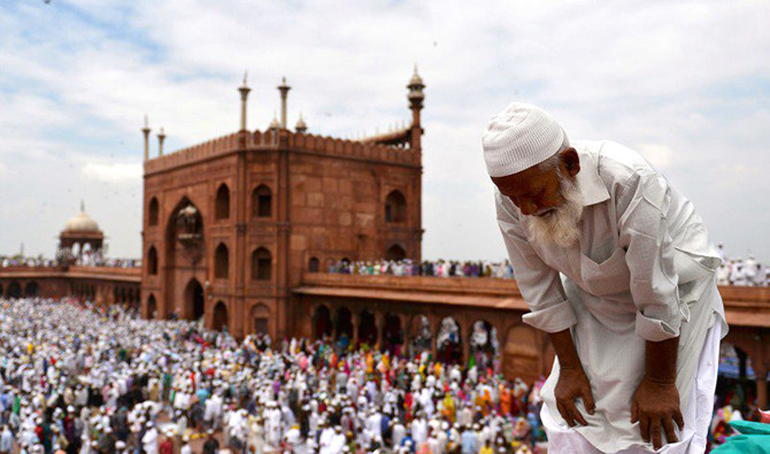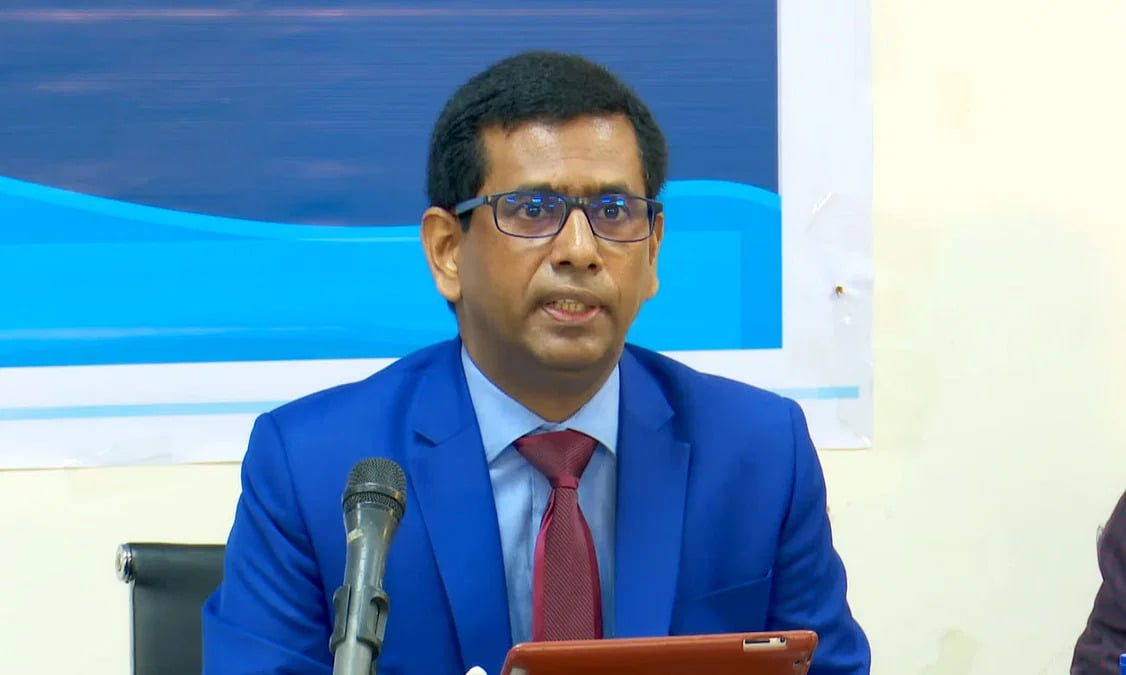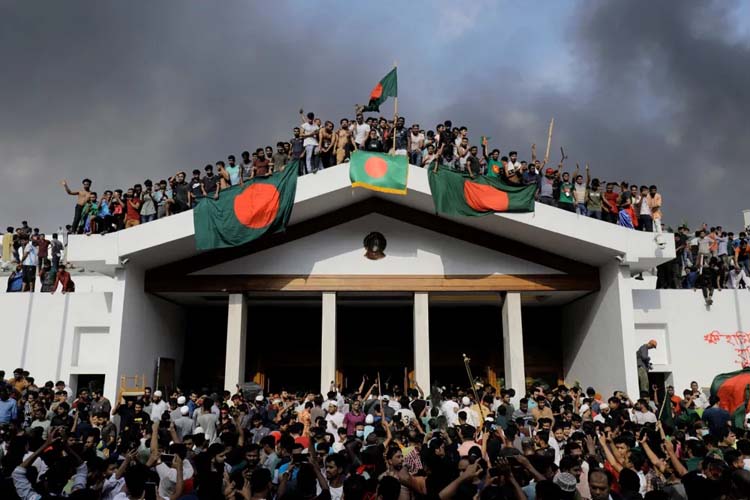
Online Desk: Dombivli, a bustling suburban area located on the banks of the Ulhas River, forms part of the Mumbai Metropolitan Region. Known for its prominence as a transport hub, the area is also home to a diverse population. According to the 2011 census, 6.76% of Kalyan-Dombivli’s residents are identified as Muslim. Eyewitness accounts reveal that roads leading to the mosque were blocked by large crowds, preventing Muslims from Pallava, Dahisar Mori, and Shel Phata from reaching their place of worship.
Disturbingly, the demonstrations reportedly occurred in the presence of Manpada police officers, who allegedly stood by without intervening, raising concerns about their role in upholding law and order.
Hanuman Thombre, a Shiv Sena (Shinde faction) leader and protest organiser, justified the blockade, stating, “Incidents of sexual assault in surrounding areas have alarmed us, and we’ve decided to restrict outsiders.” However, his remarks targeted Muslims specifically, as he alleged concerns over “Bangladeshis and Nigerians” in the area. These comments, widely perceived as inflammatory, have prompted allegations of communal profiling and bias.
The ban has left local Muslims outraged and disheartened. Shabir Ansari, a resident of Pallava, expressed his frustration: “We come here to pray peacefully. Why should we be collectively punished for crimes we have no connection to? This is blatant discrimination. ”Yasmeen Sheikh, another worshipper, said, “Blocking access to a mosque is not just unconstitutional; it is an attack on our dignity and religious freedom.”
Legal experts and activists have strongly condemned the incident. Advocate Nida Khan termed the ban “an illegal and communal act,” adding, “India is a secular nation, and such actions violate the fundamental rights guaranteed under the Constitution.” Social activist Asif Patel highlighted the broader implications: “This is a dangerous precedent. Instead of targeting a community, we should focus on strengthening law enforcement and fostering unity.”
The incident has drawn sharp criticism from opposition leaders, who accuse the ruling parties of enabling communal divisions. Imran Qureshi, a member of a minority rights group, said, “This is nothing but an attempt to polarise communities and distract from governance failures.” Efforts to contact Senior Inspector Kadbane of Manpada police for comments were unsuccessful, as calls went unanswered. Despite a significant police deployment in Khoni village, critics argue that proactive measures to de-escalate tensions were conspicuously absent.
The blatant targeting of Muslims in Khoni village has reignited debates about the fragility of communal harmony in India. Critics assert that associating sexual assault cases with a specific community not only perpetuates harmful stereotypes but also undermines genuine efforts to address gender-based violence.
As tensions persist in Khoni village, the incident underscores the urgent need for accountability and a renewed commitment to the principles of secularism and inclusivity. The broader implications of such acts of exclusion continue to resonate across the nation, challenging India to uphold its constitutional promise of equality and justice for all citizens.







